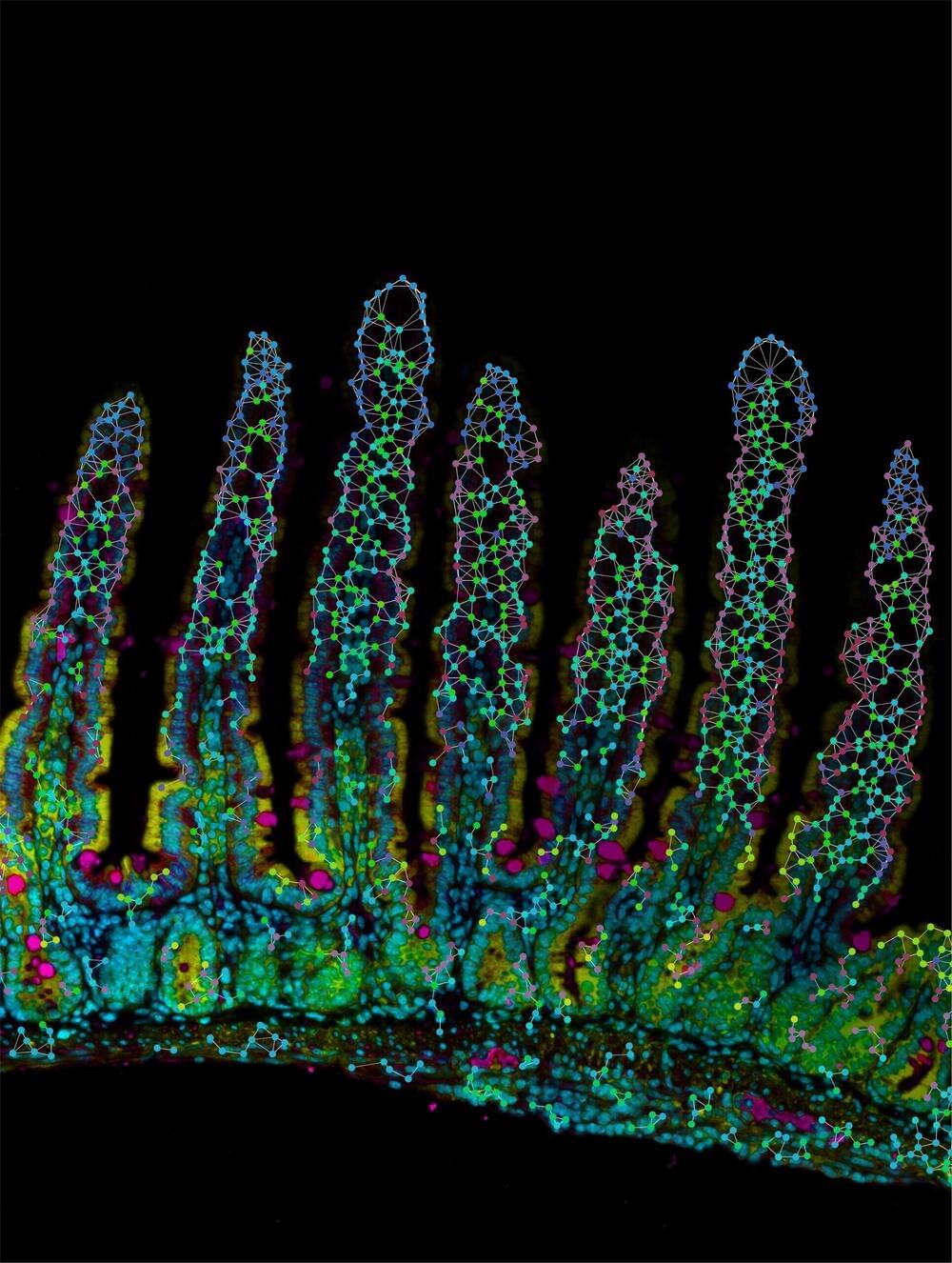The human immune system is like an army of specialized soldiers (immune cells) each with a unique role to play in fighting disease. In a new study published in Nature, led by scientists at the Allen Institute, La Jolla Institute for Immunology, and UC San Diego, researchers reveal how cells known as tissue-resident memory CD8 T cells, play unique and specialized roles based on where they are located within the small intestine.
Tissue-resident memory cells provide a local first line of defense against re-infection and call for “backup” from other immune cells and are also critical for maintaining peace in a tissue exposed to many outside pathogens.
This discovery sheds light on how tissue-resident memory CD8 T cells adapt to their location in the body, ensuring a coordinated and effective immune response and how microenvironments and cellular interactions shape this location-specific adaptation. Ultimately, location matters, and this understanding could also lead to improved immunotherapy and vaccines.
